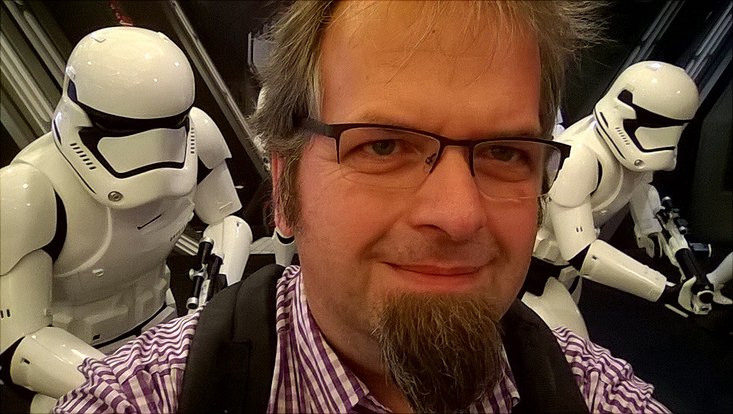Lecture on November 29, 2022
Cities and Numbers
Michael Nagenborg (University of Twente, NL)
About the lecture [recording of the lecture]
Smart city initiatives are obsessed with measuring urban spaces, that is: translating objects and activities into numbers, often with the help of sensors. While the contemporary discussion tends to focus on the “smartness” of the systems, their capability of automated decision-making, I would like to raise the awareness of the mundane and more fundamental acts of counting and measuring urban spaces.
If I am not mistaken in understanding “machine learning” as a novel way of counting and measuring, there are, at least, two implications:
(1) In general, we may have to be careful regarding the current focus in the philosophical discussion on automated decision-making.
(2) We may get a better idea, why municipalities (and other political institutions) are attracted to the idea of the smart city: There is not so much of a difference between traditional ways of counting and measuring cities and the new way to translate urban spaces into numbers by digital means.
About the speaker
Michael Nagenborg is an Associate Professor of Philosophy of Technology at the Philosophy department of the University of Twente. Michael holds a doctoral degree in philosophy (University Karlsruhe, Germany). His doctoral thesis has been on Privacy and ICT. From 2007 till 2013 he has been a member of the Research Group for Security Ethics at the International Centre for Ethics in the Sciences and Humanities (University of Tuebingen, Germany). In 2016, he joined the board of the “Philosophy of the City Research Group.” His current research is on the interplay between cities and technologies with a special focus on remote sensing and geo-spatial data.

photo credit: private
Tuesday, 29. November 2022, 18:15-19:45 (CET)
Address for joining us on-site:
Flügelbau Ost, 2. OG, Raum O221
Edmund-Siemers-Allee 1
20146 Hamburg
